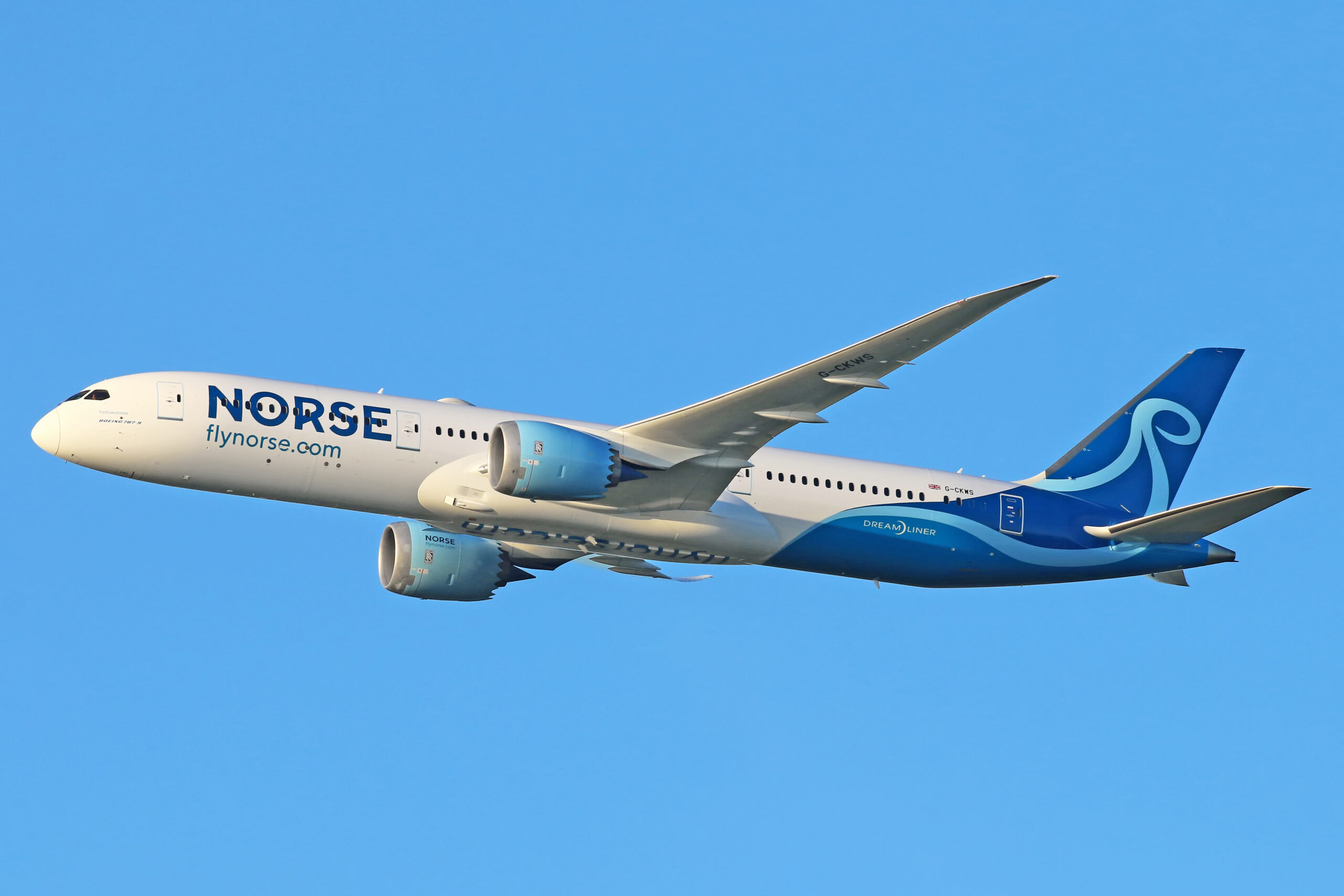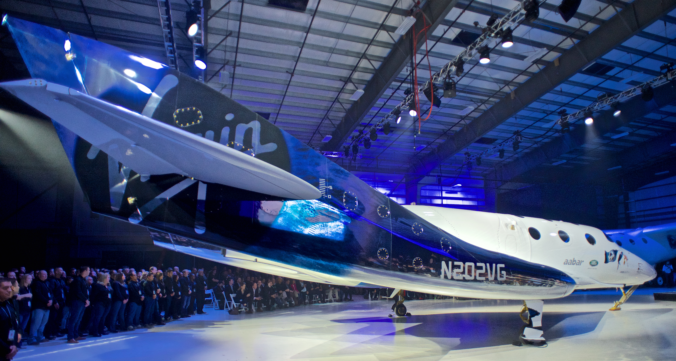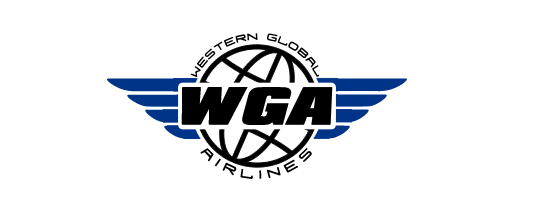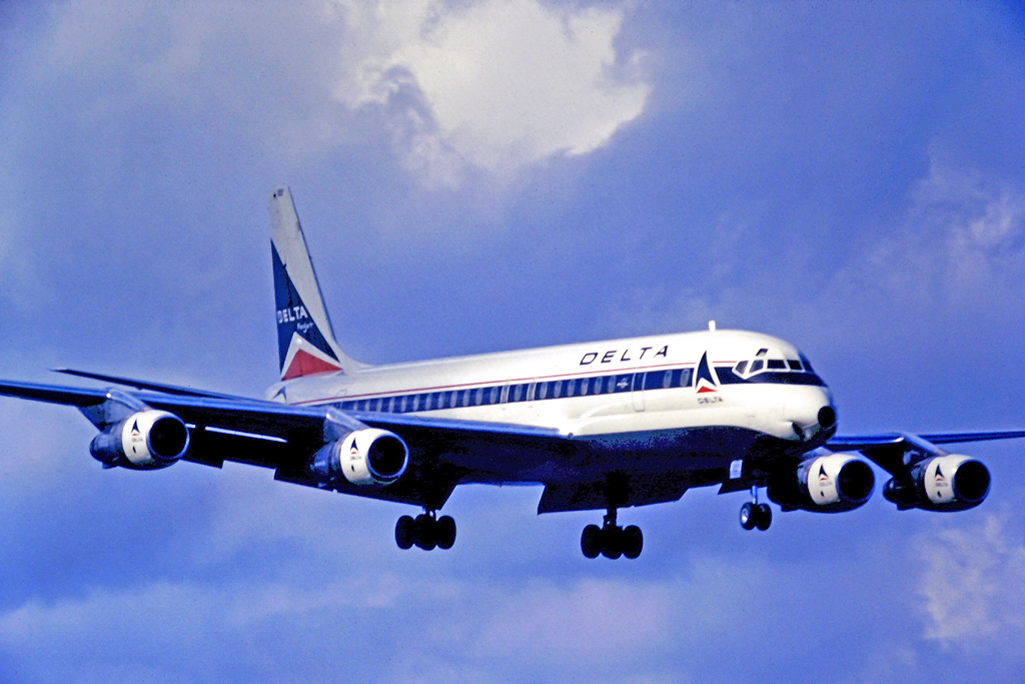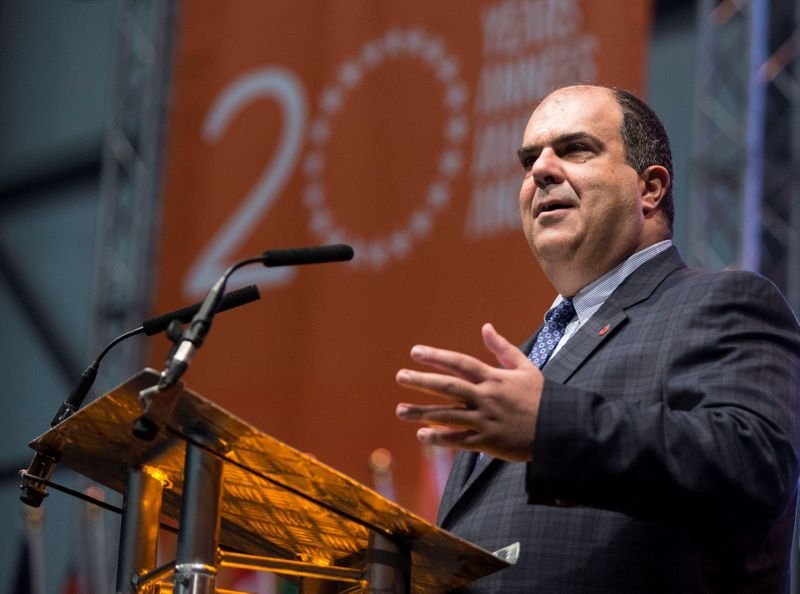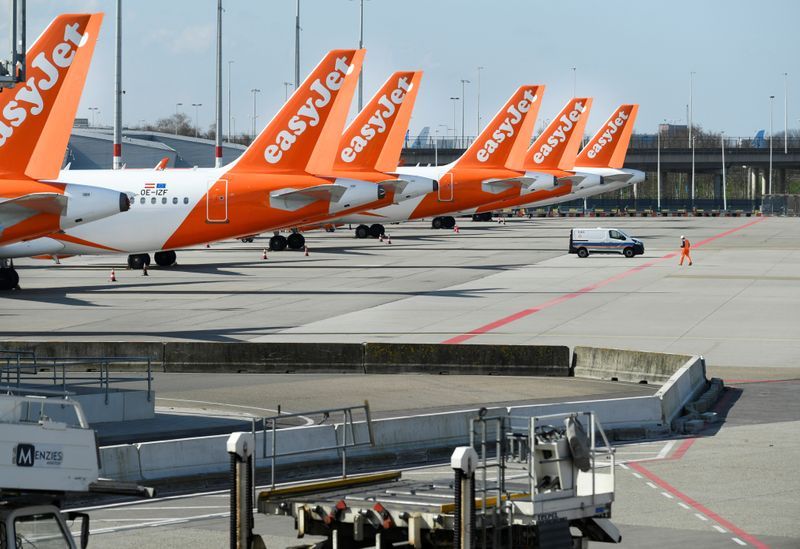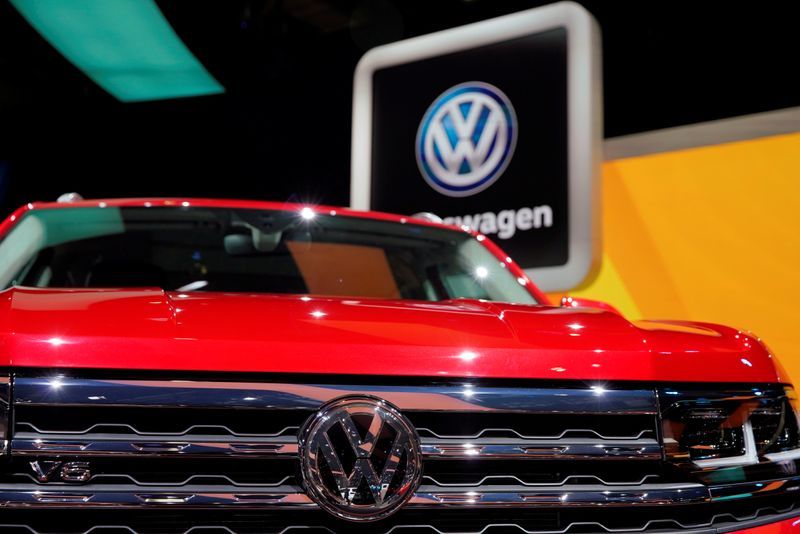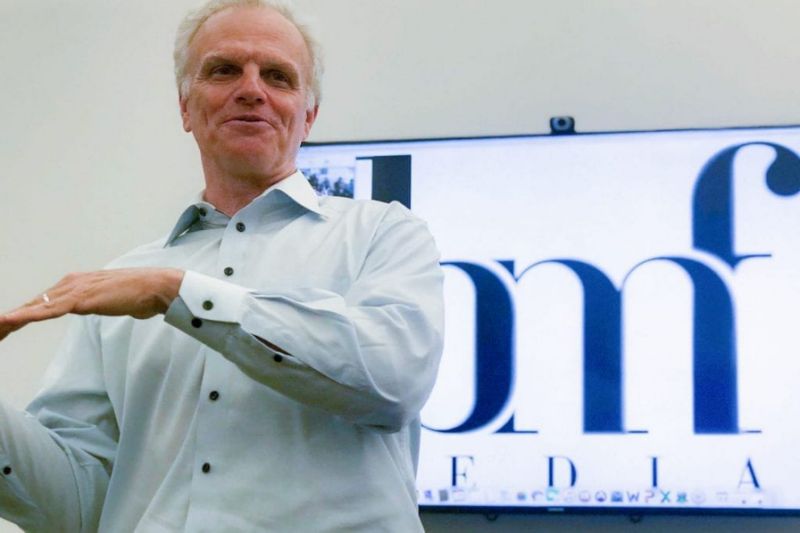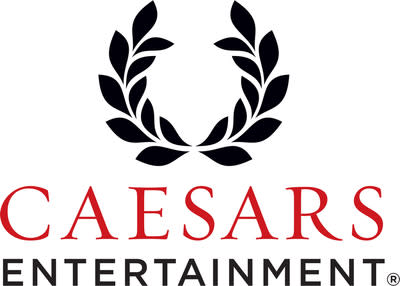CEO, Founder and largest shareholder, Bjorn Tore Larsen:
“Q2 marked a significant period of ramping-up as we inaugurated new destinations in the US and Europe. Additionally, more of our fleet of fuel efficient Boeing 787 Dreamliners were brought into production. By the end of Q2 the airline had more than doubled capacity, with June being our first month of increased production, and notably our first month generating bottom line profits.
Q3 is expected to be our first financial quarter generating a profit. The move to profitability is driven primarily by having all 15 aircraft generating revenue for the first time, from July 1st; 10 of which are operating for Norse and five generating revenue through sublease income.
A milestone was passed during Q3 as we surpassed one million booked passengers. By providing affordable air fares on competitive and established routes to key primary airports and destinations, we allow more people to explore the world and enjoy the experience of long-haul travel whether for leisure or business. Norse will be the first truly low-cost profitable long-haul airline”.
For further information please see Q1 2023 report and company update presentation attached.
• Revenue increased by 152% quarter-on-quarter (“QoQ”) to USD 100.1 million
• 204,564 passengers carried, up 86% QoQ
• Revenue per passenger increased 89% QoQ to USD 422
• Available Seat Kilometres (ASK) up by 51% QoQ due to planned ramp-up as Norse brought more aircraft into production
• Positive EBITDAR of USD 2.2 million, the first positive EBITDAR on a quarterly basis since inception of the Company
• Intra-quarter Norse recorded its first profitable month (June) and continued positive momentum
into Q3
• Load factors showed strong development during the quarter, with monthly average load factors of 67%, 72% and 82% in April, May and June respectively. The positive development continued post quarter end with an average load factor of 85% in July
• USD 19.0 million cash generated from operations in the quarter, an increase of USD 39.8 million QoQ
• Total cash held at quarter end of USD 59.1 million
• As communicated in November 2022 in relation to a private placement at the time, Norse made good on its promise to shareholders that it would perform a repair offering, which it completed during the quarter, raising NOK 150 million gross (USD 14.1 million)
• Norse upgraded to Euronext Expand at Oslo Stock Exchange, a regulated market, during the quarter
• Heavy increase in production through Q3 compared to Q2 with all Norse aircraft generating revenue for the first time from 1st July 2023
